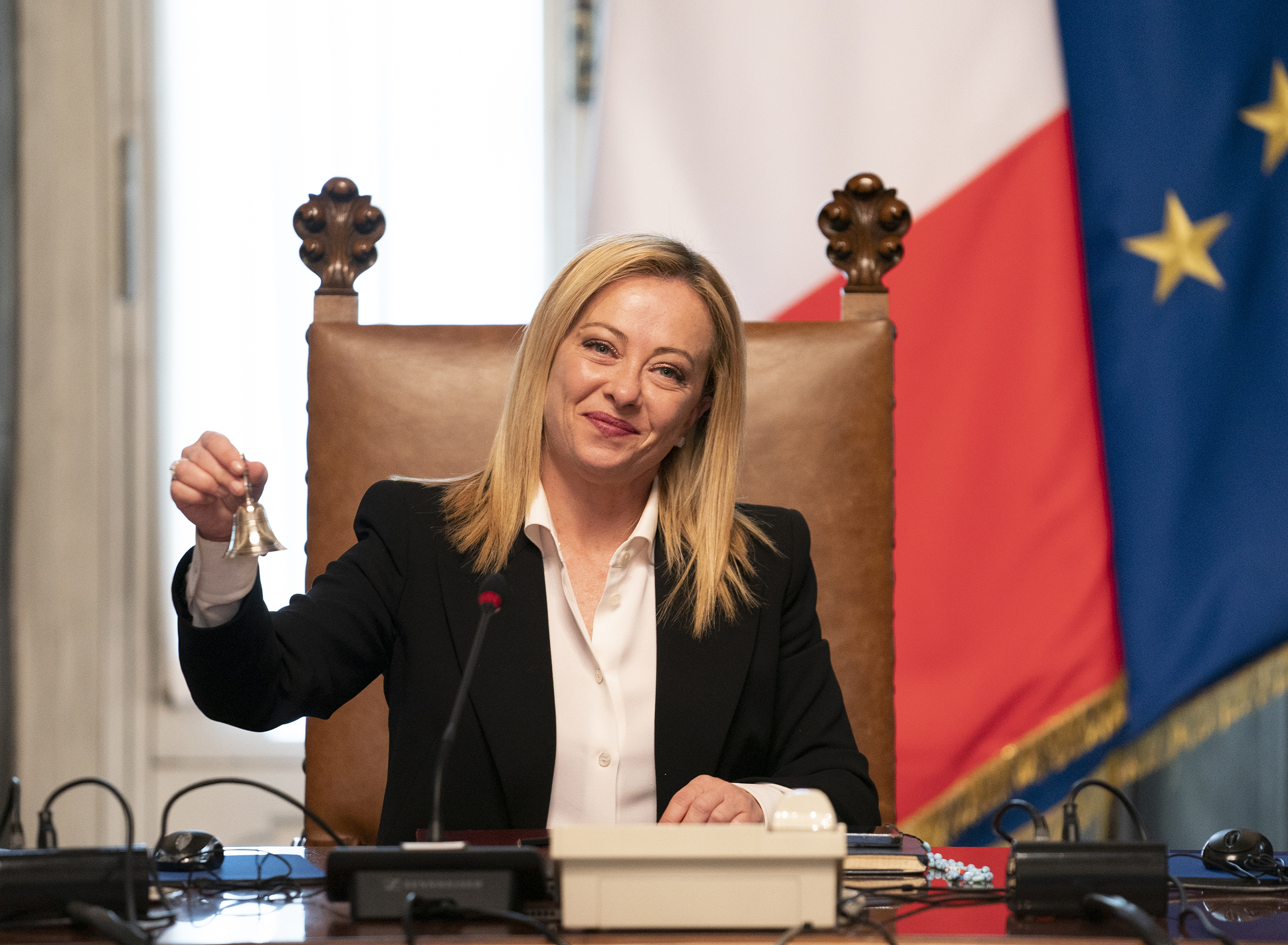Has the Meloni government forgotten digital?

It is to be hoped that the appointment of undersecretaries and the subdivision of proxies will offer a more unified interpretation of the role that the Meloni government intends to give to digital. The intervention of Andrea Boscaro, partner of The Vortex
If the names of the Ministries have aroused some discussion due to their identity dimension and if the title of "Food Sovereignty" has not gone unnoticed for that of Agriculture, a department dedicated to Digital Transformation and the role that exercised Vittorio Colao will presumably be distributed among several managers. Adolfo Urso, at the Ministry for Enterprises and Made in Italy, who will certainly have many delegations, has already drawn attention to the need for our country to acquire strategic products and a few weeks ago the news of the opening of an Intel plant in the province of Verona for the production of chips.
The Ministry for Digital Transformation will no longer exist, but the commitments made and the construction sites opened with the funds of the NRP for the spread of broadband, the digitization of the Public Administration – with particular reference to health – and the maturation of digital skills in the market will remain of work and society: Vittorio Colao left a legacy document full of urgencies to face , but also of projects undertaken and initiatives to be completed.
To confirm the decision taken, Giorgia Meloni's electoral campaign hardly ever touched on issues of digital politics despite the fact that there were many points of interest at national and EU level. On some occasions he mentioned the ever-recurring “Amazon of Made in Italy” while he even dedicated a video to formulate an accusation against social media and their opaque policy towards “free speech”. "With what criteria are opinions censored and profiles closed?" – asked the leader of the Brothers of Italy today Premier – calling for greater transparency of the rules and more consistent behavior in enforcing them.
As for the first point, it is good to remember that digital sovereignty must not pass from chimerical projects as in the past the Italia.it portal and, more recently, ItsArt – the "Netflix of Italian culture" launched by Dario Franceschini in the middle of the pandemic, today with losing accounts – and the “Linkedin of the PA” announced, but never completed by Renato Brunetta.
An "Amazon of Made in Italy" clashes in particular with a market, that of online purchases by foreign consumers, in which the concentration around marketplaces and large international e-commerce operators is high: if the percentage of the volume of 'business worldwide is taken over by Statista.com in 47% of the total value of cross-border transactions, at a European level it even rises to 59%. This is why an online sales project abroad cannot ignore the development of collaborations and processes aimed at making the products and services of Italian companies present on these platforms: promotion of such offers, support for the study of target markets, cultural mediation and the fight against counterfeiting are more than enough areas to effectively deploy business internationalization policies thanks to electronic commerce.
As for the comparison with Meta and other social media to make content moderation policies more transparent and effective, the tables open at community level are many: the Digital Services Act requires clarity regarding the criteria adopted and commits the platforms to timely interventions implemented both in the screening phase of the profiles and contents to be moderated, a phase increasingly interpreted by algorithms, and in the manual review phase by the controllers. In view of the European Parliament elections, the Commission then proposed a reform aimed at making online electoral advertising expenses and the profiling criteria adopted more transparent.
It is a pity that research shows how much these content moderation policies lack knowledge of languages other than English. An analysis conducted by Avaaz during the pandemic and in the face of the no-vax propaganda campaigns circulating on social media, revealed how much, out of 127 contents indicated as fake by the independent fact-checkers involved by Facebook, they were subsequently removed. only 31% from posts in Italian, 42% in French, 67% in Spanish and 74% in English in the United States, with lower success rates in other countries.
It is to be hoped that the appointment of undersecretaries and the subdivision of proxies can therefore offer a more unified interpretation of the role that the Meloni government intends to give to digital, its regulation and its promotion in our country. Pardon, in our country.
This is a machine translation from Italian language of a post published on Start Magazine at the URL https://www.startmag.it/innovazione/il-governo-meloni-ha-dimenticato-il-digitale/ on Tue, 25 Oct 2022 07:45:05 +0000.
